Brazilian meat scare sweeps across Asia
Sun 26 Mar 2017, 09:25:08
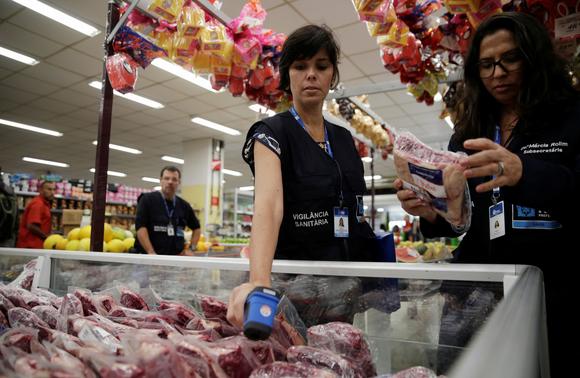
The scandal over tainted meat from Brazil is shaking up Asian markets that have come to depend on the South American country's plentiful exports. Hong Kong, Macau and mainland China have each suspended imports, while South Korean restaurants and stores have dropped Brazilian meat from their offerings.
Brazil, already one of the world's top meat exporters, had been gaining ground in Asian markets, especially with avian flu hitting local chicken supplies and with worries over a 2012 mad cow outbreak in Brazil receding. But Brazilian authorities said last week that they had gathered evidence that some meat producers had bribed government officials to allow the shipment of spoiled meat and that expired meat was sold on after being treated with acid to mask the smell of decay.
Brazil, already one of the world's top meat exporters, had been gaining ground in Asian markets, especially with avian flu hitting local chicken supplies and with worries over a 2012 mad cow outbreak in Brazil receding. But Brazilian authorities said last week that they had gathered evidence that some meat producers had bribed government officials to allow the shipment of spoiled meat and that expired meat was sold on after being treated with acid to mask the smell of decay.
Hong Kong officials and companies sought to reassure the public by preemptively stopping sales of Brazilian meat and products using it. The city's Centre for Food Safety on Tuesday announced the suspension of all meat imports from Brazil "in view of the fact that the quality of the meat exported from Brazil is in question, for the sake of prudence."
Secretary for Food and Health Ko Wing-man on Wednesday said that some 30% of Hong Kong's meat comes from Brazil. Other officials said that five of the 21 companies under investigation in Brazil for exporting bad meat had sent shipments to Hong Kong.
Local media reported that food retailers had pulled Brazilian meat from store shelves. Major local restaurant operators also said they would stop using such products, with the result that some are temporarily suspending signature dishes, such as fast food chain Cafe de Coral's baked pork chop with rice and rival Fairwood's barbecue pork with rice. KFC local shops also reportedly suspended some chicken dishes.
According to Brazilian Association of Meat Exporting
Industries figures, Hong Kong was the country's top beef market last year, taking 300,510 tons, billed at $1.15 billion. The Brazilian Animal Protein Association reported that Hong Kong was Brazil's second-largest pork export market in 2016. A large portion of Hong Kong's meat imports are traded on to other regional markets.
Macau is one such secondary market. On Wednesday, the Macau Civic and Municipal Affairs Bureau suspended all Brazilian meat imports. A meat seller quoted in Macau Business Daily estimated that Brazilian meat accounts for 40% of the local market due to its low price. "The ban will have a large impact on restaurant businesses and even the public if the ban lasts more than one month," said Vincent Ip Chio Fai, director of Van Key Hong Group.
As one of the largest importers of Brazilian meat products, mainland China was the fastest to react among Asian nations. Beijing authorities banned all meat imports from Brazil on Monday for now. Similarly to Hong Kong, local reports indicate that some supermarket chains have removed all meat products from the South American country from their shelves.
Hua Chunying, Chinese foreign ministry spokeswoman, stressed on Tuesday and reemphasized on Wednesday that the ban was to "protect the safety of the Chinese domestic consumers" and was "a preventive and provisional step." Commerce department spokesman Sun Jiwen followed up at a Thursday press briefing that Beijing is "deeply concerned" on the meat quality issue.
China last year narrowly trailed the European Union to be Brazil's No. 3 beef market, worth $706.3 million, according to the Brazilian Association of Meat Exporting Industries. China Daily reported last year that Brazil had become the country's top source of beef imports, overtaking Australia. The country had suspended beef imports from Brazil between 2012 and 2015 over mad cow cases
No Comments For This Post, Be first to write a Comment.
Most viewed from International
Most viewed from World
AIMIM News
Latest Urdu News
Most Viewed
May 26, 2020
Do you think Canada-India relations will improve under New PM Mark Carney?
Latest Videos View All
Like Us
Home
About Us
Advertise With Us
All Polls
Epaper Archives
Privacy Policy
Contact Us
Download Etemaad App
© 2025 Etemaad Daily News, All Rights Reserved.

.jpg)
.jpg)
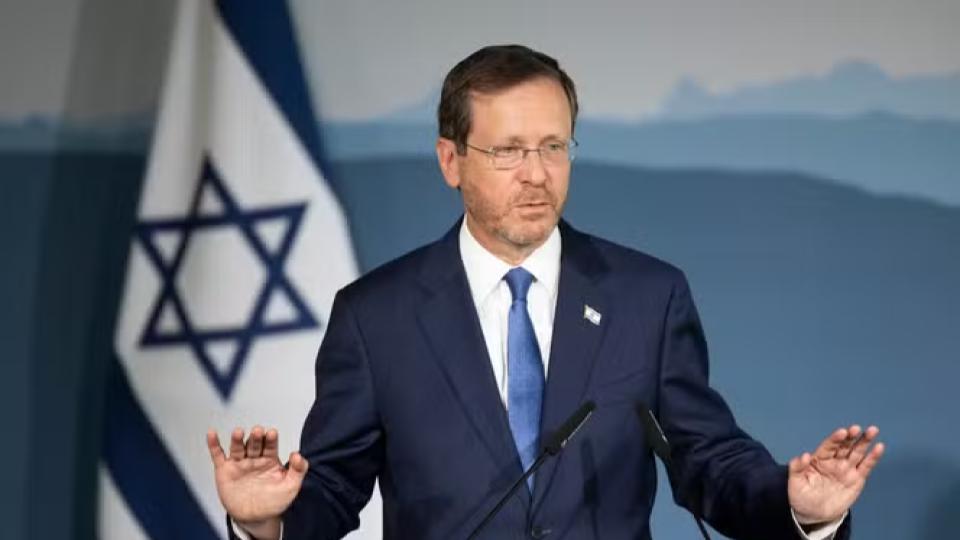
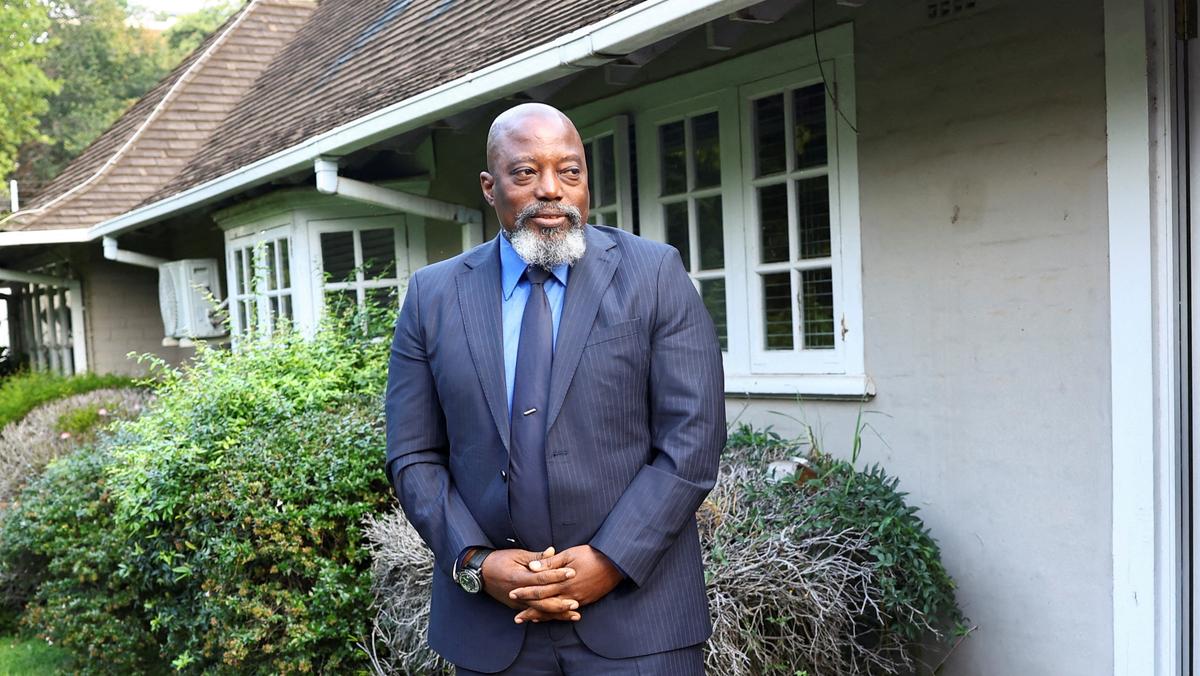


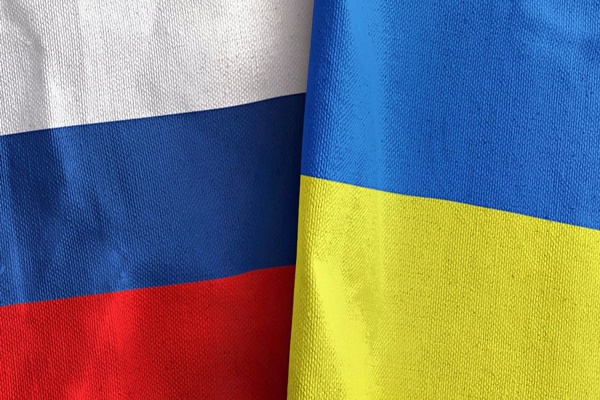
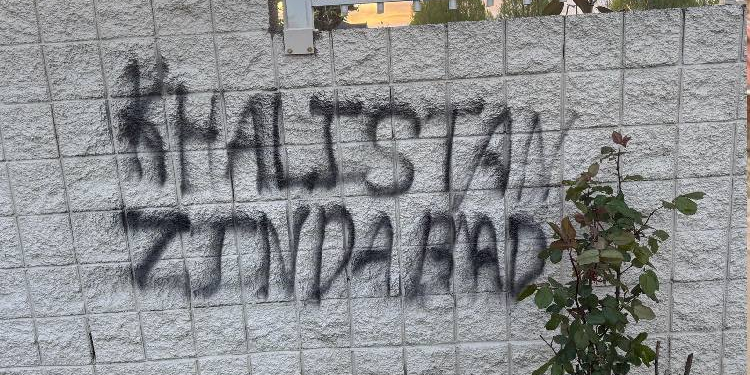

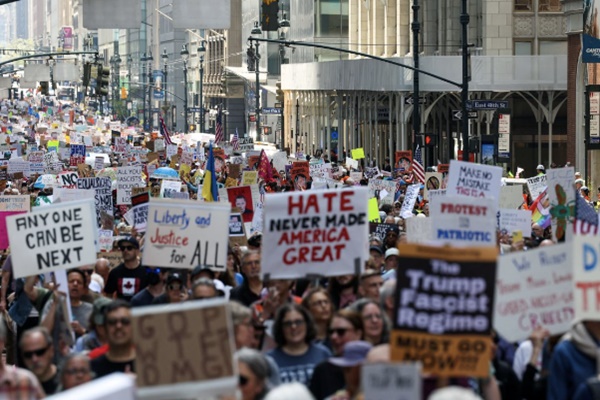


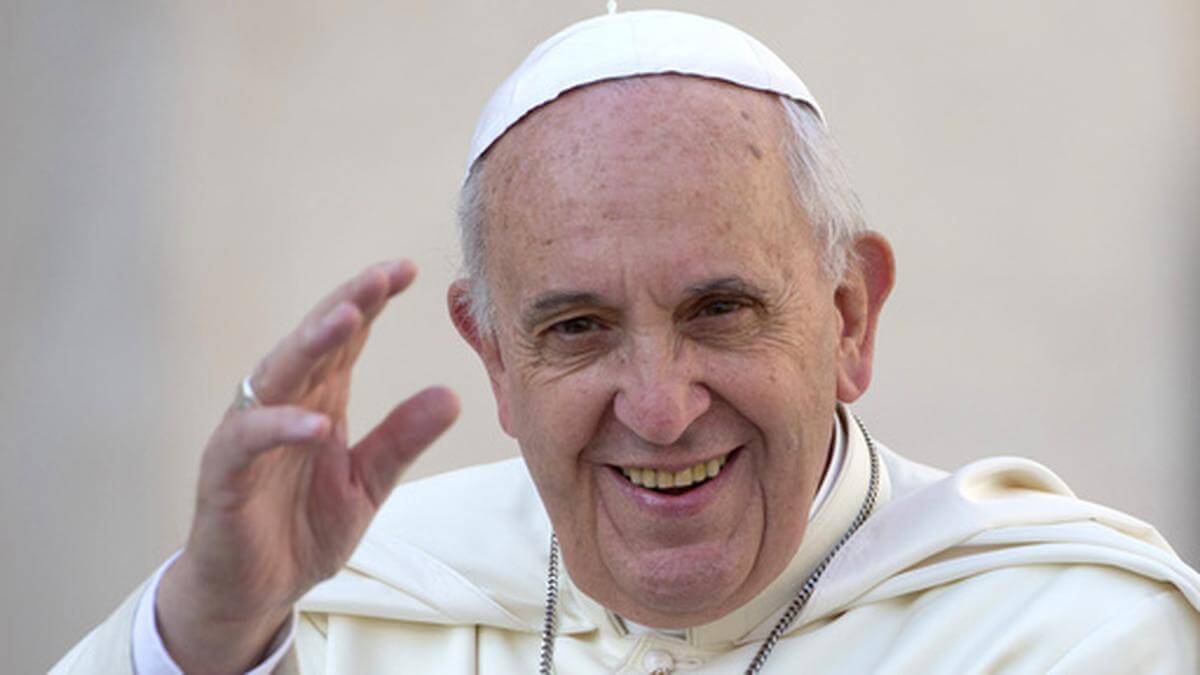







.jpg)
.jpg)
.jpg)
.jpg)

















